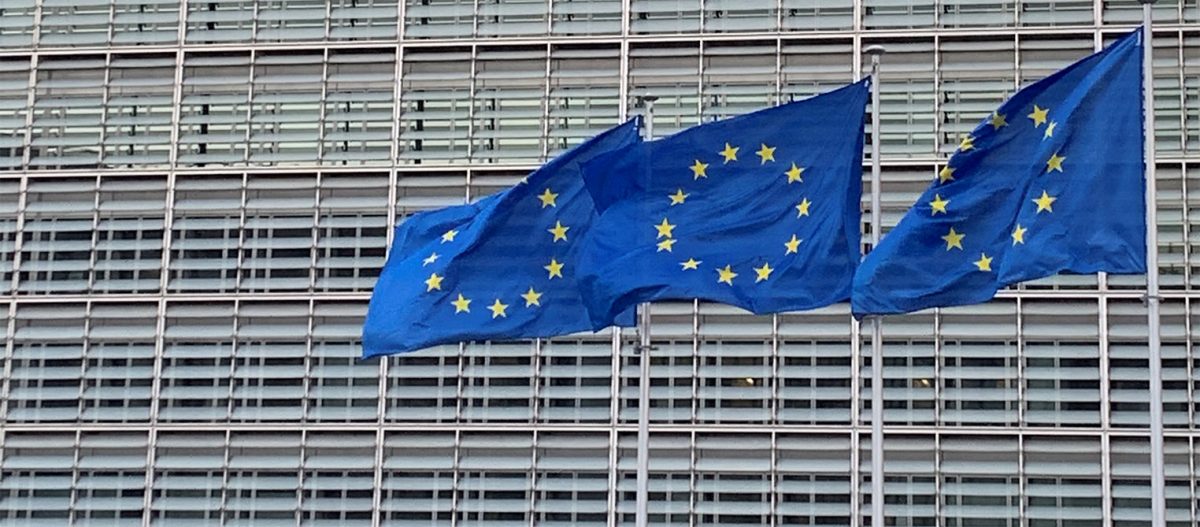Could citizens‘ panels be the answer?
Emily Iona Stewart writes
This year is pivotal for European climate policy, with the European Green Deal ushering in the historic Climate Law, as well as a raft of climate legislation introduced as part of the Fit for 55 package. Although popular support for environmental issues has never been higher, the EU still needs to ensure support the Green Deal, as it is set to transform the economy and way of life in the bloc.
The inaugural Conference on the Future of Europe Plenary kicked off in Strasbourg last weekend to much fanfare. The Conference offers a group of “200 randomly selected citizens” the chance to discuss themes and make recommendations, sourced by aggregating hundreds of thousands of views from across Europe submitted to the online platform. Climate is expected to make the list, given that it is the defining issue of our era. Done right the decisions of these citizens’ panels – together with representatives of elected member state governments and members of the European Parliament – could influence the ambitions of the Green Deal. More importantly, a successful exercise in participatory democracy is what European Union needs to help rehabilitate its image.
The EU needs a win. The stalled vaccine roll-out earlier in the year proved a PR nightmare for the European project. One way to win trust citizens back is to make sure that they feel heard on topics that they feel passionate about. This Eurobarometer report, released in May, shows that a large majority of European citizens feel that there is a greater need for their voices to be heard, especially on issue of climate and environment.
According to former MEP and PWB Advisory Board member, Richard Corbett, now a member of the Conference‘s Secretariat, “this consultation may cause relatively small changes, but with democratic agreement behind any decisions, we’ve seen that even small changes to the EU’s architecture can bring monumental long-term gains”.
The Conference is going to have to make sure that it delivers on its promise of engaging citizens and shows them something concrete. For example, the Conference could inspire new legislative proposals or international pledges; it could help unlock the impasse that the EU continues to find itself with agriculture, bringing common sense solutions over vested interests; and it’s possible that citizens have greater appetite for action on climate, than politicians had imagined.
However, if the Conference cannot engage citizens properly, it could intensify the impression that it is the brainchild of a far-away elite and further alienate its citizens. To make sure this doesn’t happen, the Conference engagement, led by the commission, must include:
- Clear remit: One each issue a plain question, phrased neutrally, neither be too broad nor too specific, is essential. This can be the most time-consuming aspect in establishing an assembly, according Citizens Assemblies’ Marcin Gerwin, who developed a guide on how to ask the right question.
- Upfront authority: To get ordinary people to make a considerable time commitment, participants need to know that the recommendations they reach mean something. Citizens’ can have a formal role in policy-making, as we saw with the creation of Belgium’s so-called Ostbelgien Modell, established in 2019.
- Random selection with demographic representation: Society trusts randomly selected people because random selection generates ‘people like us’, rather than those perceived as having a bias.
- Time: Deliberations—listening to others mindfully and weighing up options—are the key element.
- Transparency: All information, including the materials considered and recommendations generated by the conference should be regularly updated online.
There are contrasting experiences of the model. France’s climate assembly earlier this year is an obvious example of where governments can fall short. While the set up and process was very encouraging, the vast majority of the assembly were left disappointed by the lack of uptake on their investment in time and ideas, causing lawmakers to submit over 4,000 amendments to Macron’s landmark climate bill.
But other forms of citizens engagement have shown how much support a government can get for its measures if implemented properly and with a clear pathway to concrete policy change. In the Irish citizens assembly, citizens were asked to deliberate topics such as EU expansion and marriage equality, ultimately resulting in treaty and legislative change.
Conclusion
If the Conference follows best practice and the politicians have fully processed what’s at stake, it has the potential fundamentally to shift climate policy for the better, not only giving Europe the mandate to act, but the tools to do so.
For Richard Corbett, “so many of our transnational issues, such as climate change, can only be addressed cooperatively, and yet the EU is still ham-strung by single issue vetoes and lack of executive power. We want the conference to hand the power back to the people and their elected representatives to take action on these big issues.”
Ultimately, the true test of the Conference on the Future of Europe will be whether it results in tangible changes. Only then will it complete its purpose to build and restore confidence in the European Union’s political mission.
About the author
Emily Iona Stewart is senior researcher for PWB and Climate Advocacy Specialist at Open Society Foundations European Policy Institute’.

